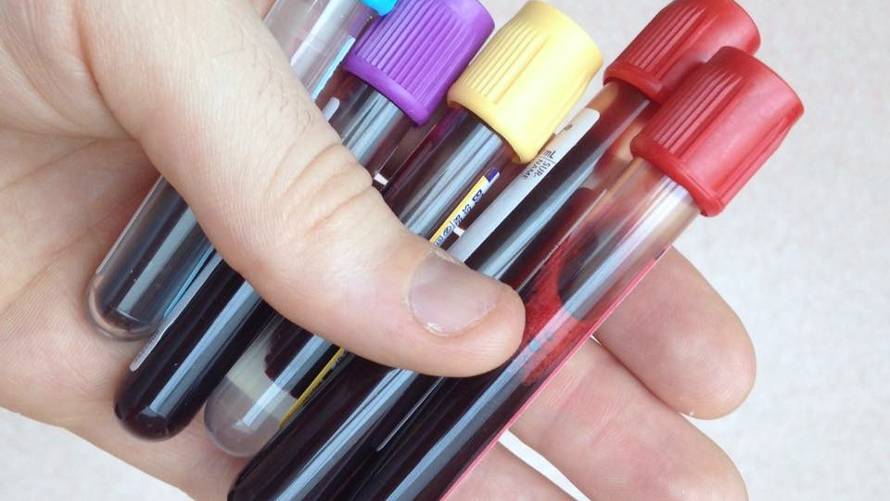Researchers have made a groundbreaking discovery that could lead to earlier diagnosis and potentially slow down the progression of Alzheimer’s disease. The study found that a special receptor on immune cells can effectively bind and neutralize harmful “beta proteins” strongly associated with the disease.
The new method uses an advanced blood test analysis that is particularly sensitive to the early stages of Alzheimer’s, offering a significant improvement over current diagnostic tools like PET scans, which usually can only detect the disease at an advanced stage.
“The method allows us to monitor disease-related changes at an earlier stage than is possible with traditional methods. And this is important when it comes to Alzheimer’s because it’s known to develop over a very long period of time. This is also why treatment is typically first started when the disease is already so advanced that it may be almost impossible to slow down,” explains Kristian Juul-Madsen, postdoc at the Department of Biomedicine, Aarhus University, and one of the researchers behind the study.
The findings suggest that the peripheral immune system may play a crucial role in defending against Alzheimer’s by preventing the accumulation of harmful proteins in the brain. By activating the body’s immune system at an earlier stage, it might be possible to slow down the disease’s progression before it develops into full-blown dementia.
The research team is planning follow-up projects to test the new method in a larger patient group and to better understand the exact mechanisms behind the immune system’s ability to fight the early signs of Alzheimer’s. However, transferring this research to the clinic may take time, as Alzheimer’s is known to develop slowly, and intervention needs to occur at a very early stage.
While the study raises hope for the fight against Alzheimer’s, it also raises ethical concerns about the implications of early diagnosis when there is currently no effective treatment for the disease.
“Of course, it’s sad if you can identify the development of a dangerous disease like Alzheimer’s without being able to do anything to stop it. However, this is something we need to do in order to develop a treatment in the future,” says Kristian Juul-Madsen.
Link to the scientific article: https://doi.org/10.1038/s41467-024-45627-y
#AlzheimersResearch #EarlyDiagnosis #ImmuneSystem #HopeForTheFuture
If our reporting has informed or inspired you, please consider making a donation. Every contribution, no matter the size, empowers us to continue delivering accurate, engaging, and trustworthy science and medical news. Independent journalism requires time, effort, and resources—your support ensures we can keep uncovering the stories that matter most to you.
Join us in making knowledge accessible and impactful. Thank you for standing with us!

